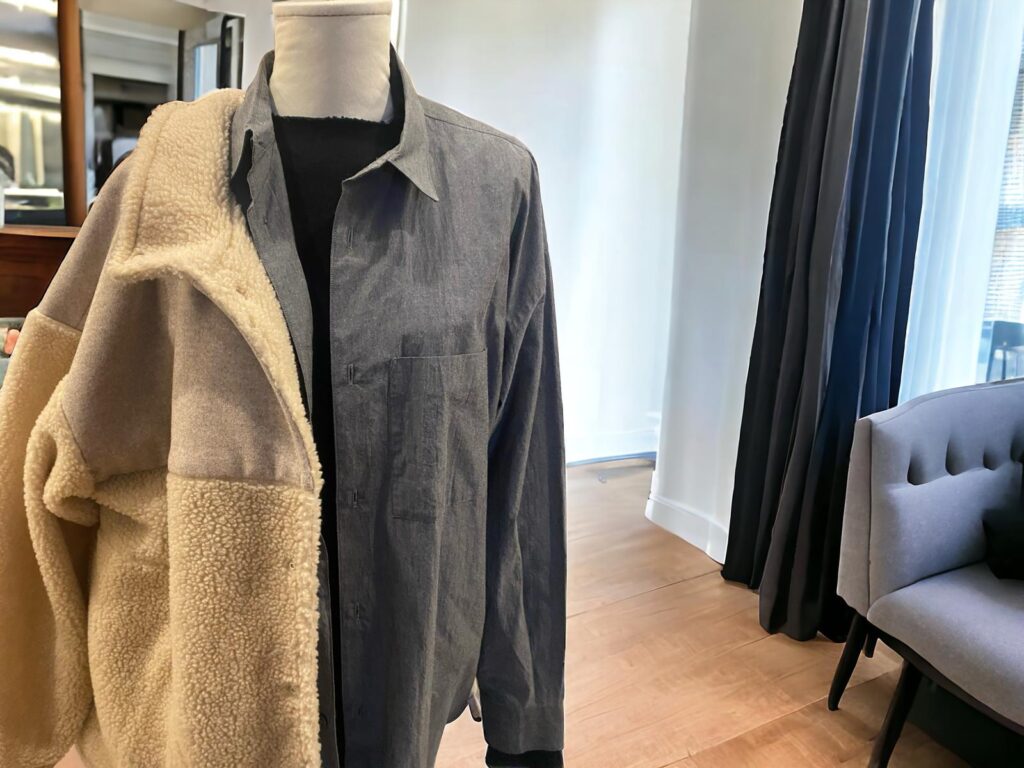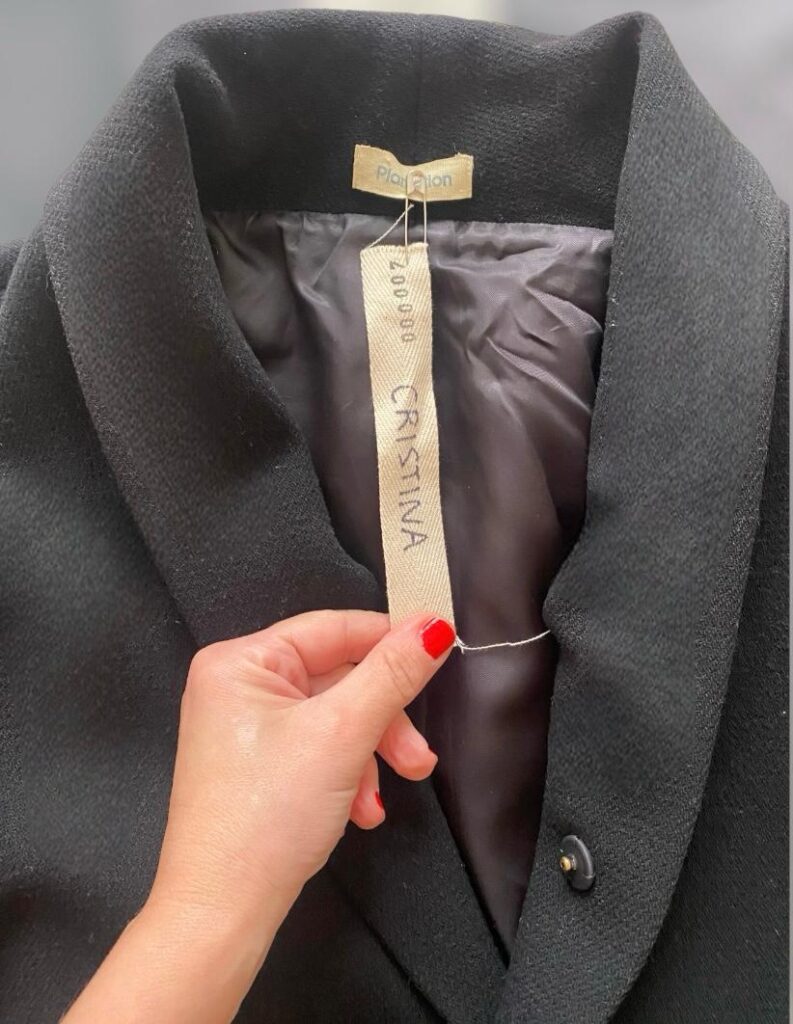Florence Luxury Leather Goods in Stagnation
No Orders, Overproduction Trap Leads to Thousands on Furlough
It is concerning that Florence luxury leather goods compartment is experiencing stagnation.
Specifically, “Il Corriere Fiorentino” titled: “in Florence the luxury district is stuck: no orders from the brands and 4.000 workers on furlough.” The article says that it’s been many weeks that the area of Scandicci is on alert. The fact has been discussed for a few months but hasn’t officially emerged due to the social safety nets. However, the latest data from the syndicates exceeds the level of concern. Moreover, it seems that around Florence, warehouses are packed with unsold goods and can no longer contain them for space reasons.
What caused the leather goods stagnation in Florence?
Apparently, the perfect storm hit the luxury leather goods field: inflation and international crises reversed more on the middle class, the main target of accessible luxury leather goods. As a result, 250 companies that typically produce for luxury and affordable luxury brands are now facing the threat of downsizing or closure. On the contrary, it’s interesting to notice that the fast fashion area in Prato is thriving. There’s no sense of sustainability, but with low prices, people don’t care about being sustainable.
Also, the mechanization of production implemented to churn out more pieces in less time represents another possible cause.
Currently, there is an ongoing negotiation between the representatives of the workers’ unions and the most important international fashion brands that make production in the area.
A brief background
The Florentine leather tradition is renowned worldwide. Upon fully embracing the capitalistic framework, companies planned the relocation to China to maximise profit. Please forget the “made in” labels… Then, COVID-19 dismantled this system by interrupting production chains and long-distance delivery. So, we witnessed the re-shoring: brands repositioned production in Italy. Yet not to reward or develop artisanal production but rather for large quantities and numbers. In other words, the scheme tells a story of mass production and eternal growth. Now, the mechanism has jammed.
In conclusion, the stagnation of Florence leather goods compartment has resulted in a huge surplus of luxury and affordable handbags in storage. Perhaps the fashion industry can put down the mask of sustainability.
So, we wonder, how can brands still plan their fashion business on overproduction? How consciously do brands approach the new Fall/Winter 24-25 sales campaigns releasing numerous new items?
Florence Luxury Leather Goods in Stagnation Read More »


